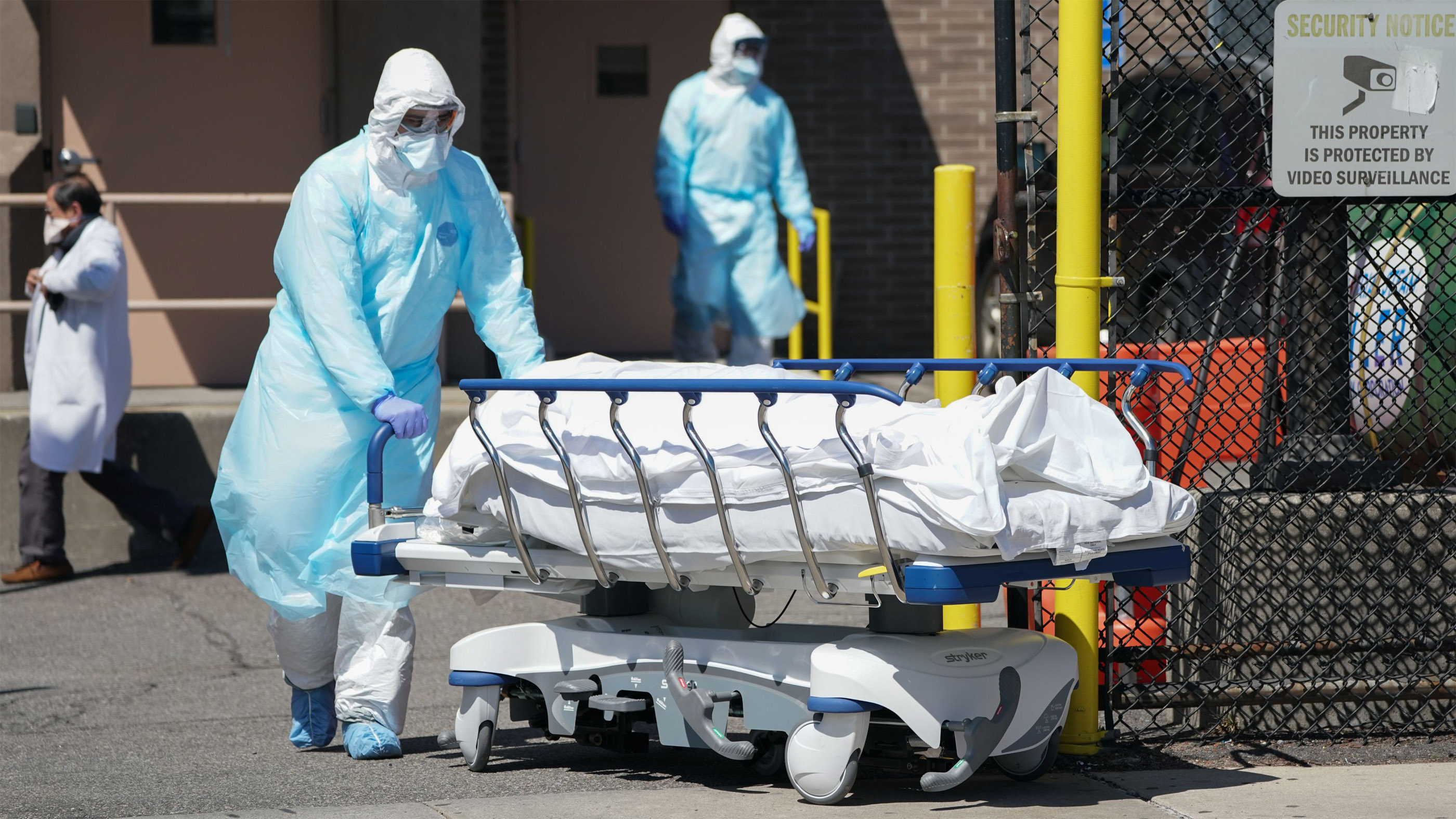I recently saw a Web video in which a 20-something, white
male rants about how wrong it is to portray whites as privileged and blacks as
not. Loaded with falsehoods and
generalizations I found it disturbing that some people actually think this way.
To really understand what privilege means in racial terms
you have to understand the black experience and compare it to your own. This means setting aside all your
preconceived notions about race. A
constructive place to begin is with children simply because they are blameless
and should not be penalized for the actions of their parents or guardians.
I work with black youth which has given me a greater
appreciation of the subtle, yet significant privileges we have in white
communities which we take for granted.
My childhood wasn’t exactly a cakewalk and yet I still had it far better
than all the black kids with whom I’ve worked.
I grew up with two alcoholic parents with frequent outbursts
of reciprocal, spousal abuse. My
preschool bedwetting was likely precipitated by the trauma of hearing my
mother’s screams and wails late into most nights. It got so bad that they split up when I was
entering second grade, but got back together five years later. Even though my mother got sober during that
hiatus, the fighting only got worse until my father left for good when I was in
high school never to be seen again.
Burdened with six kids and no alimony or child support, my
mother lost the house and everything else within five years. I helped in any way I could financially and
with my younger siblings, and still managed to work my way through college with
some financial aid and grant money. As
my income rose over the years I was better able to support my mom ultimately buying
her a co-op.
It would be convenient to use my childhood experiences to
criticize blacks for not overcoming their own adversities, but that would be as
idiotic as the video that prompted this op-ed.
Let me elaborate.
Even though I was a marginal C student, much of my relative
success in life came from attending good schools and influential community
connections, both of which are lacking in black communities.
I benefited immensely from shared knowledge amongst my
middle-class and upper-middle-class peers who learned from their successful
parents. My verbal and writing skills
were effortlessly honed by association. I
learned about finance and career opportunities, even how to start my own
business from them, and all my employment opportunities came through community
connections.
None of this sharing of knowledge and opportunities is common
in poorer communities because everyone is disadvantaged. As an insecure teen and young adult I always
had some degree of hope that I could survive on my own because I saw viable
avenues to success. That doesn’t exist
so much in black communities. All young children
dream, but in the black experience those dreams often fade as they approach
adulthood and see the world for what it is.
Although somewhat advantaged I was still a very troubled, rebellious
teen and young adult. I engaged in all
sorts of teenage vandalism, frequently confronted police officers, started
doing drugs and alcohol at 14, occasionally dealt drugs, and got arrested for
drunk driving when I was 17 just months after receiving my license.
At 23, I was arrested again for DWI and while the arresting officer
searched my car, I escaped into the night while handcuffed in a futile attempt to
get to a friend who had bolt cutters. Soon
the neighborhood was swarming with county police and I was eventually found.
As retribution, the police repeatedly tripped me so I would
fall face-first into the concrete sidewalk; each time I would defiantly rise to
my feet verbally abusing the officers in a manner far exceeding anything I’ve
heard on smartphone videos capturing blacks being arrested and killed.
In spite of all my transgressions
my mother had attorney friends who always got me off with little or no
punishment.
Some of my siblings
got into far more trouble and yet all six of us are somewhat successful, not so much because we possess
exceptional characteristics, but because the system is geared to forgive whites
and punish blacks.
If I were black and did the things I did, I’m convinced I would
dead. So when I honestly reflect back on
my younger days and compare it to what I’ve witnessed in black homes, schools,
and in the courts over decades, I know I was far more privileged than any black
youth I ever met. Privilege isn’t always
tangible which is why we sometimes fail to recognize it. When America wakes up to this reality, maybe
we’ll start to see meaningful change in racial equality.


